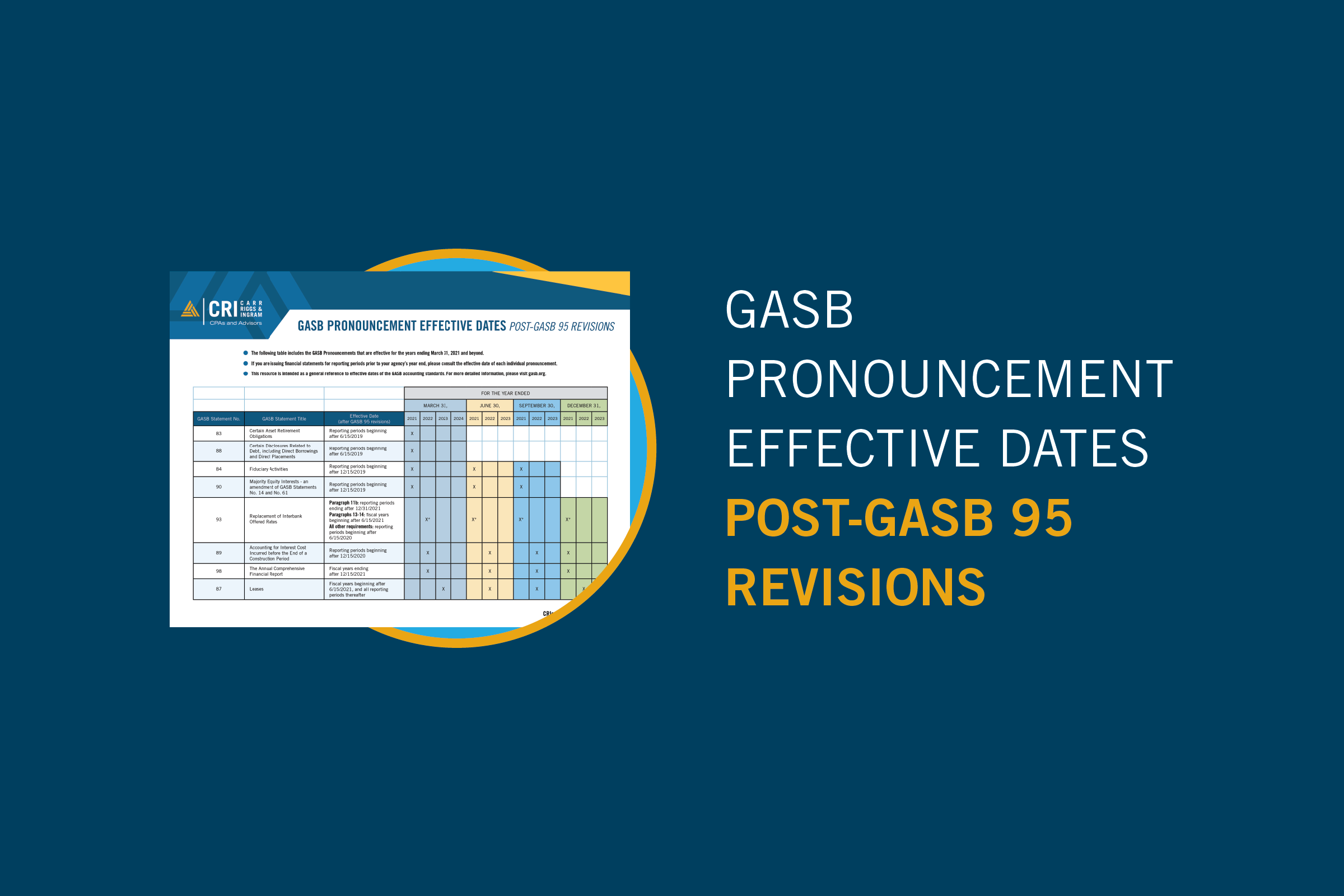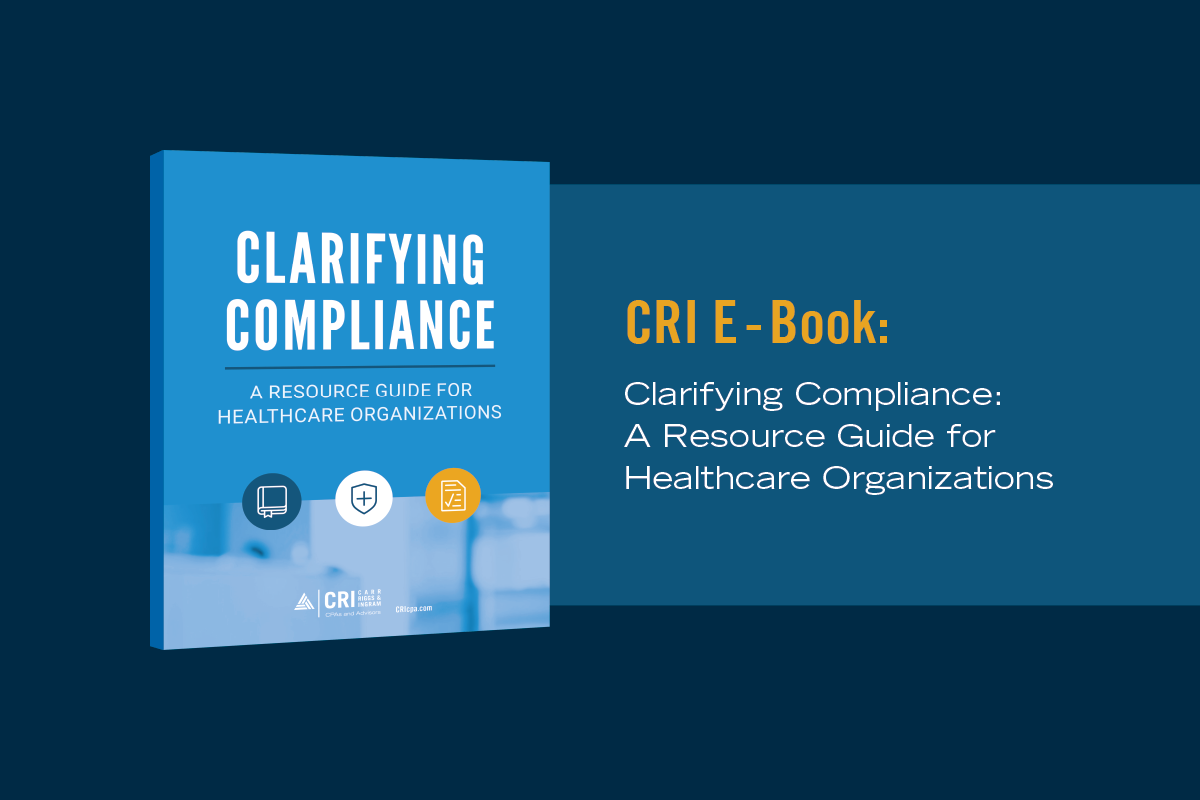Tax Preparers: The Hero Your Company Needs!
- Contributors
- Rebecca Dansereau
- Scott Bailey
Mar 20, 2023
Not all heroes wear capes. In the world of accounting, many wear professional business attire and sit behind a desk, crunching numbers on a computer screen. But the value of their specific heroics can’t be underestimated, especially for those in the insurance industry. Every day, countless tax professionals find themselves in the position of safeguarding companies against potential loss and litigation, saving the day for their respective clients.
For insurance companies, there are many special tax needs found regularly, with several tax laws that apply to insurance companies that do not apply to regular corporations. That’s the reason why it’s necessary to have a competent tax preparer, who is familiar with the specific tax differences that arise for insurance companies. These differences can include discounting unpaid losses, what constitutes tax basis life reserves, and tax treatment of policy acquisition expenses.
With the enactment of the Tax Cuts and Jobs Act, preparers must also understand the differences in net operating loss rules as they apply to life and nonlife companies. Additional complexities arise when an affiliated mixed group of corporations, such as life and nonlife companies, require an understanding of eligible and ineligible life insurance companies that can join a consolidation. This complexity requires special attention for charitable contributions, capital losses, and net operating losses.
Insurance-Specific Tax Election Heroics
There are several tax elections that apply specifically to insurance companies, further making the case for obtaining a knowledgeable tax preparer. When preparing tax documents for insurance clients, an election must be made under Section 243(b)(3) to treat a dividend from a life insurance company to a member of an affiliated group as a qualified dividend for purposes of the 100% dividends received deduction. Second, a Section 953(d) election can be made by a controlled foreign corporation (CFC) to be treated as a domestic corporation. Skilled tax professionals understand the alternative US tax regimes (particularly Section 951A global intangible low-taxed income (GILTI) and Section 952 Subpart F income, and sometimes foreign tax regimes) and can help evaluate whether or not a CFC should make the Section 953(d) election. Lastly, a Section 831(b) election offers a tax savings opportunity for certain small insurance companies wherein the entity is taxed only on their taxable investment income. This election is often utilized by, but not limited to, captive insurance companies.
A Heroes Work Is Never Done
It’s important to note that insurance company tax needs are not limited to income tax returns and election preparation. A tax advisor can also offer tax advice and planning for business transactions, including how to best structure buy/sell agreements or the tax impact of reinsurance transactions. Additionally, insurance company tax advisors should be knowledgeable and able to advise regarding the following:
- Quarterly estimated tax payment needs.
- The insurance business cycle, and able to prepare calculations based on annualized income rules to help better manage the cash flow needed for tax payments.
- State and foreign tax rules for insurance companies that may apply to your company, depending on the jurisdiction.
Tax and statutory accounting methods often merge when preparing current and deferred income tax accruals, valuation allowances, and nonadmitted deferred tax assets. Tax consulting services can help your company navigate many of these complexities by including the preparation of income tax accruals and Note 9 disclosures regarding income taxes, assisting entities in complying with requirements set by the National Association of Insurance Commissioners (NAIC).
Even if your company doesn’t fall under the regulation of the NAIC, understanding the insurance tax regime is essential. Insurance arrangements such as workers’ compensation funds and self-insured funds face many of the same issues as life, health, and property & casualty companies. When the time is right, and your company is looking for a hero to flex their strengths, contact your CRI advisor to help you navigate the various tax regimes. Our expertise is what’s needed to help meet your tax and accounting needs as they apply to your insurance company — the cape is optional!


















































































































































































































































































































































































































































































































